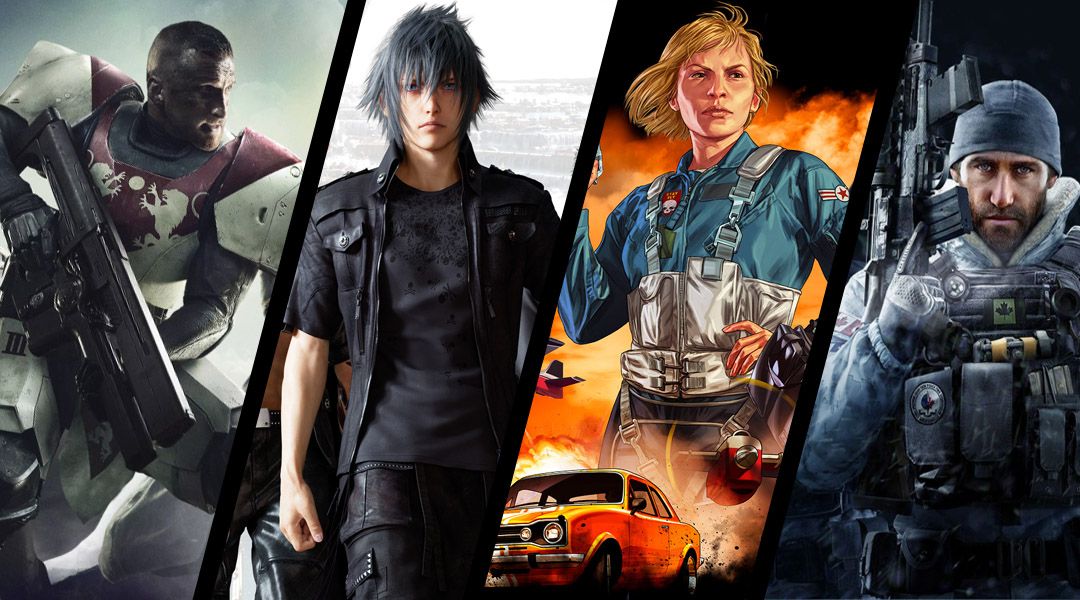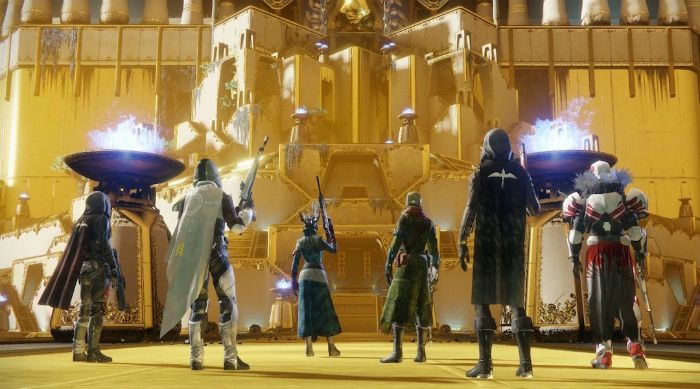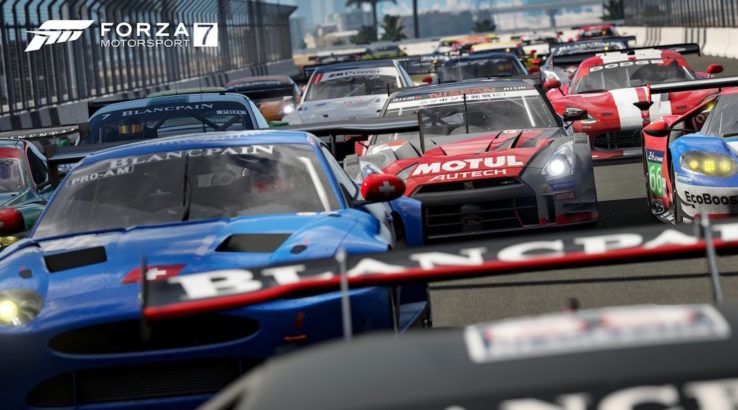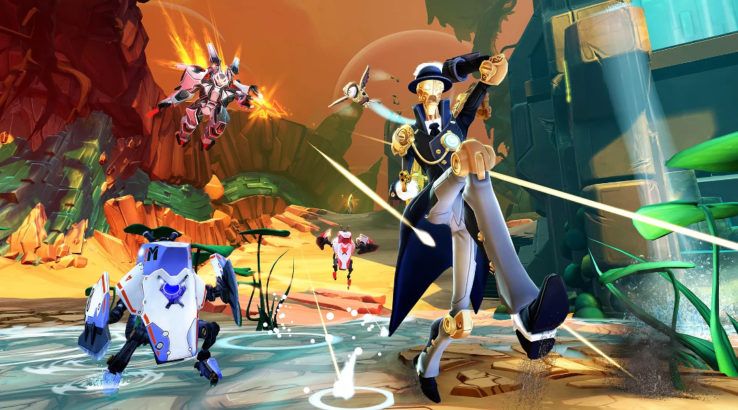Games as a service is the term used to refer to games that are supported with a swell of post-launch updates and, in many cases, have business models that depend on players paying for and downloading those updates after their initial purchase. Destiny 2, Grand Theft Auto Online (the multiplayer component of Grand Theft Auto 5), Overwatch, The Division, and Rainbow Six Siege are all examples.
While headlines insisting that the 'death of the single-player games is upon us' are over-exaggerations (right now, at least), the industry is clearly shifting away from that style of game. You only need to look at EA's recent closure of EA Visceral and the decision to pivot its Star Wars project away from a linear, story-based experience as proof of that.
According to a recent report from Digital River, gamers are eating it up and games as a service have allowed the industry to triple its value. But as more and more releases begin to fall under the games as a service banner, the question becomes whether this model is sustainable?
Because of the time constraints of life, enjoying every single update for all of a player's favorite games just isn't possible. They can be overly invested in Destiny 2 and get raid-ready with their fireteam but then there won't be time to go out and battle for a Pokemon GO legendary, for example. They can destroy zomnics as part of the Overwatch Halloween event but that won't leave them with any time to get double GTA$ in GTA Online's latest festivities.
It's frustrating to only be able to enjoy games in half-measures because you can't keep up. Those with traditional, nine-to-five jobs (or multiple forms of employment) and parents (especially those with young children) know the troublesome time management that must be done to enjoy any game, plentiful content drops or not.
Buying a game that is pitched as a service so often requires potential players to ask themselves 'do I have enough time to get fully invested in this?' and 'do my friends have enough time to play with me?' Increasingly, the answer to those questions is going to become a hard 'no', especially when there seem to be so many games as a service coming out. While there are more traditional takes, such as BioWare's sci-fi RPG Anthem, even Assassin's Creed Origins has a giant post-launch schedule. As if Ubisoft's epic recreation of Egypt won't already provide players with enough things to do.
Of course, there is one way that players can get 'the most' out of games like these, gaining faster access to content without punishing themselves with the grind: microtransactions. This lack of a willingness (or an inability) to partake in the grind means microtransactions look all the more appealing and this is, seemingly, what many developers and publishers are banking on.
The reason NBA 2K18''s microtransactions, Forza Motorsport 7's loot box system, and Destiny 2's changes to shaders were all criticized is that they pressure players into paying extra by forcing them to grind. Although most creators of the games we love would deny this, many games feel engineered specifically for it.
Up to now, this has proved to be lucrative but every other game release seems to be met with a vociferation of players demanding that these business models change. Just look at the reaction to Activision's matchmaking microtransaction patent. Not only does this business model feel exploitative, but few of us can afford (in terms of time and money) to play games like this.
This is a problem for the developers and publishers creating games as a service because by their very nature they have high development budgets. These budgets are spent on giving us a dizzying array of things to do, on expansion packs that add intricately designed dungeons, and on making these games shine and glimmer with the high-quality visuals that we've come to expect. Even games as a service titles with much smaller scopes are not to develop, market or maintain after being released.
And without all of these back-of-the-box features, how will these games stand out among a sea of others trying to make similar plays for our time and money? How many of them will go the way of Evolve and Battleborn, dying on the vine because we're all overwhelmed with things to do in both our gaming and personal lives?
While the future of games once looked bright because of games as a service style releases, it's difficult to see how so many of them can co-exist, all dependent on the same factors in order to be successful. This sort of game may seem like a money maker right now, but it may not be long until these 'services' are no longer sustainable.




